From the Chicago Reader (July 1, 1995). — J.R.
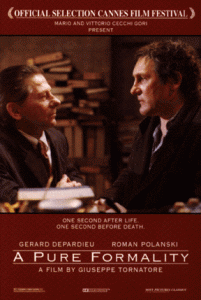
After the success of Rain Man Barry Levinson was allowed to indulge himself with Toys, and after Cinema Paradiso Giuseppe Tornatore was similarly allowed to foist this work of staggering pretentiousness on the public (1994). This French-Italian production with French dialogue, written with Pascale Quignard, starts off promisingly enough as a police thriller with metaphysical and symbolic overtones, but becomes steadily more abstract and preposterous as it gets closer to the denouement. A man without identity papers (Gerard Depardieu) running through the woods in a raging storm in an unnamed country is arrested and taken to a dilapidated police station to be interrogated. He claims to be a famous writer named Onoff, but the facts he offers the inspector (Roman Polanski) are confused and contradictory, and as the night wears on things just get murkier and murkier. The performances by the two leads and by Sergio Rubini are more than serviceable, but it makes little difference given that the material is so gratingly awful. Beware. (JR)
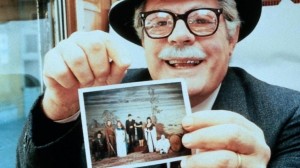 Read more
Read more
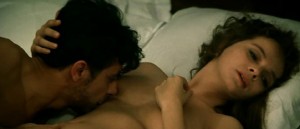
Though it wasn’t terribly well received when it first appeared, Luchino Visconti’s last film (1979) strikes me as arguably the greatest of his late works apart from The Leopard — a withering autocritique of masculine vanity and self-delusion, adapted from a novel by Gabriele D’Annunzio, focusing on a well-to-do intellectual (Giancarlo Giannini) at the turn of the century struggling to justify his sexual double standards and his libertarian philosophy regarding his wife (Laura Antonelli) and his mistress (Jennifer O’Neill). Opulently mounted, dramatically understated, and keenly felt, this is a haunting testament, as well as one of Visconti’s most erotic pictures. Incidentally, the elderly hand seen on-screen during the opening credits is Visconti’s own. In Italian with subtitles. 125 min. (JR)

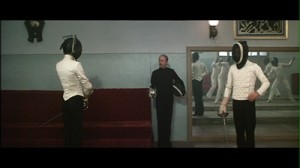 Read more
Read more
From the Chicago Reader (June 16, 1995). — J.R.
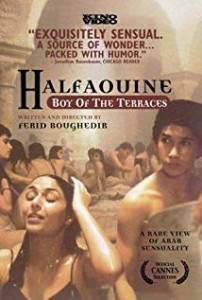
This lovely first feature from Tunisia (1990) is the work of Ferid Boughedir, the best-known film critic in the Arab world, whose documentaries Camera d’Afrique and Camera d’Arabe are models of their kind. Exquisitely sensual without being prurient, sensitive without being arch or affected, this portrait of a 12-year-old boy’s life, family, and community is packed with humor and perception, and the film’s feeling for the labyrinthine architecture of the neighborhood is a source of wonder. Film Center, Art Institute, Columbus Drive at Jackson, Friday and Saturday, June 16 and 17, 8:00, and Tuesday, June 20, 6:00, 443-3737.
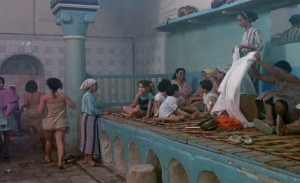 Read more
Read more
From the Chicago Reader (July 13, 1995). — J.R.

After some belated glimmers of ecological and postcolonial conscience in The Lion King, the Disney animation people go even further in revising some of their social priorities relative to the racism of Walt, and in their first cartoon feature based on real people do a conscientious and at times imaginative job of trying to illustrate aspects of the John Smith and Pocahontas story without reverting to all of the usual Hollywood lies. Contradictions confound certain aspects of this project — such as the language spoken by Pocahontas (which, in the Hollywood tradition, oscillates between tribal talk and the unaccented chatter of a contemporary Valley girl) — but overall this seems like a reasonable stab at an impossible agenda. Unsurprisingly, the film is usually more at home with animals (including a pampered English bulldog lifted from Tex Avery’s Spike) than with people, but it isn’t afraid to give both Pocahontas and John Smith some sex appeal. Personally, I prefer Hawks’s The Big Sky on this interracial, intercultural subject, but there’s something to be said for this movie’s monumental and anthropomorphic handling of landscapes — a constant in Disney cartoon rhetoric since Bambi — which reveals that the Leni Riefenstahl influence still persists in some ways. Read more









